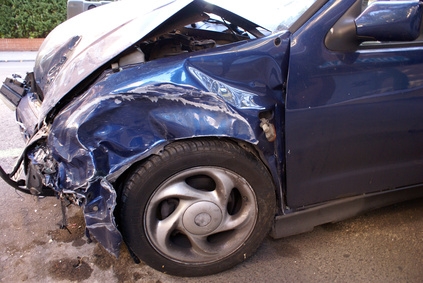
A vehicle identification number (VIN) is unique to each vehicle since 1981. They improve due diligence when buying a car, since theft and major car damage can be looked up by VIN. Many stolen vehicles flow through the U.S.-Canadian border, with Detroit being a well-known hot spot. Therefore, if you're interest in buying a used car in Canada, you may feel compelled to perform some due diligence to make sure the car isn't stolen. Fortunately, you can acquire a history report on the car easily enough or use a VIN validator to check for a fake VIN.
Run the VIN through any one of the free online VIN validators to confirm that the VIN is real. At Decode This, Brenz and Brenz, enter your VIN number at the top of the page. At VINquery, enter the VIN on the left side.
Verify that the VIN under the lower right corner of the windshield matches the VIN at the bottom of the driver's door, the owner's manual VIN, and any ownership permits and proof of insurance forms.
Order a car history report using the VIN at Carfax, Consumer Guide, Is It a Lemon or VIN Central. These sites typically charge a fee. The seller may be willing to pay for this if he is confident in the vehicle. Read the report, looking for any report of theft by law enforcement officials.
Use the car reports for non-theft due diligence as well. Compare the last owner named in the history report against the person selling the car, not just to protect yourself against receiving stolen goods but also against "curb stoning." This is when a dealer has a car that isn't good enough compared to the rest of his lot, so he enlists a salesman to pose as the owner and appear to sell it privately.
Examine the history report for odometer reading inconsistencies. Readings taken at emissions tests might go backward, for instance. History reports usually flag this information indicating a possible odometer rollback.
Examine the history report for recall history and accidents, as well.